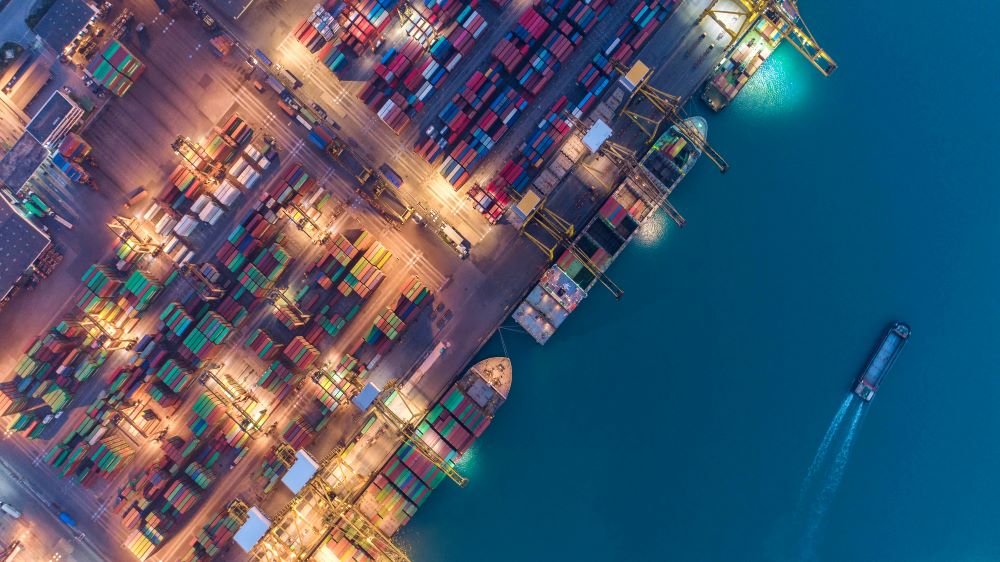
Conservative MP and former Transport Secretary Chris Grayling has been given a role advising Hutchinson Ports – the operator for Harwich, Felixstowe and London Thamesport – attracting a six-figure salary.
Grayling – famed for having once given a ferry contract to a company that possessed no ships – will work seven hours a week for a year for the company, the BBC reports.
Perceived risk
The watchdog assessing potential conflicts of interests when MPs land extra-parliamentary work admitted there was a “perceived risk” that Hutchinson Ports could gain an unfair advantage through Grayling’s knowledge as a former Transport Secretary.
However, the Advisory Committee on Business Appointments approved the role after Grayling reassured them that he will not be advising on commercial activities, risks or opportunities associated with the UK’s departure from the EU.
The role will be limited to advising the firm on environmental strategy and engagement with local enterprise bodies, and Grayling must not lobby fellow ministers on behalf of the company for two years.
No ships given
As Transport Secretary in 2019, Grayling attracted wide-spread criticism for awarding a contract to provide extra shipping capacity for a no-deal Brexit outcome to a group of ferry operators which included a firm that had never sailed a vessel.
The contract was later cancelled and the National Audit Office estimated the cost to the taxpayer may have amounted to as much as £56.6m in compensation charges.
East coast ports on the up
Earlier in the summer, the government announced that it was looking to strengthen the UK’s east coast ports – including Felixstowe and Harwich – in a bid to boost the UK’s trade resilience and reduce its reliance on the port of Calais.
George Baker – the founder of independent customs broker George Baker Shipping – told the Daily Update in July that the strategy could pave a return to pre-eminence for ports in the region.
He said companies such as his would consider returning to ports like Harwich if “the infrastructure was rebuilt to handle the potentially huge customs processing surge” caused by the UK leaving the EU single market and customs union at the end of 2020.



